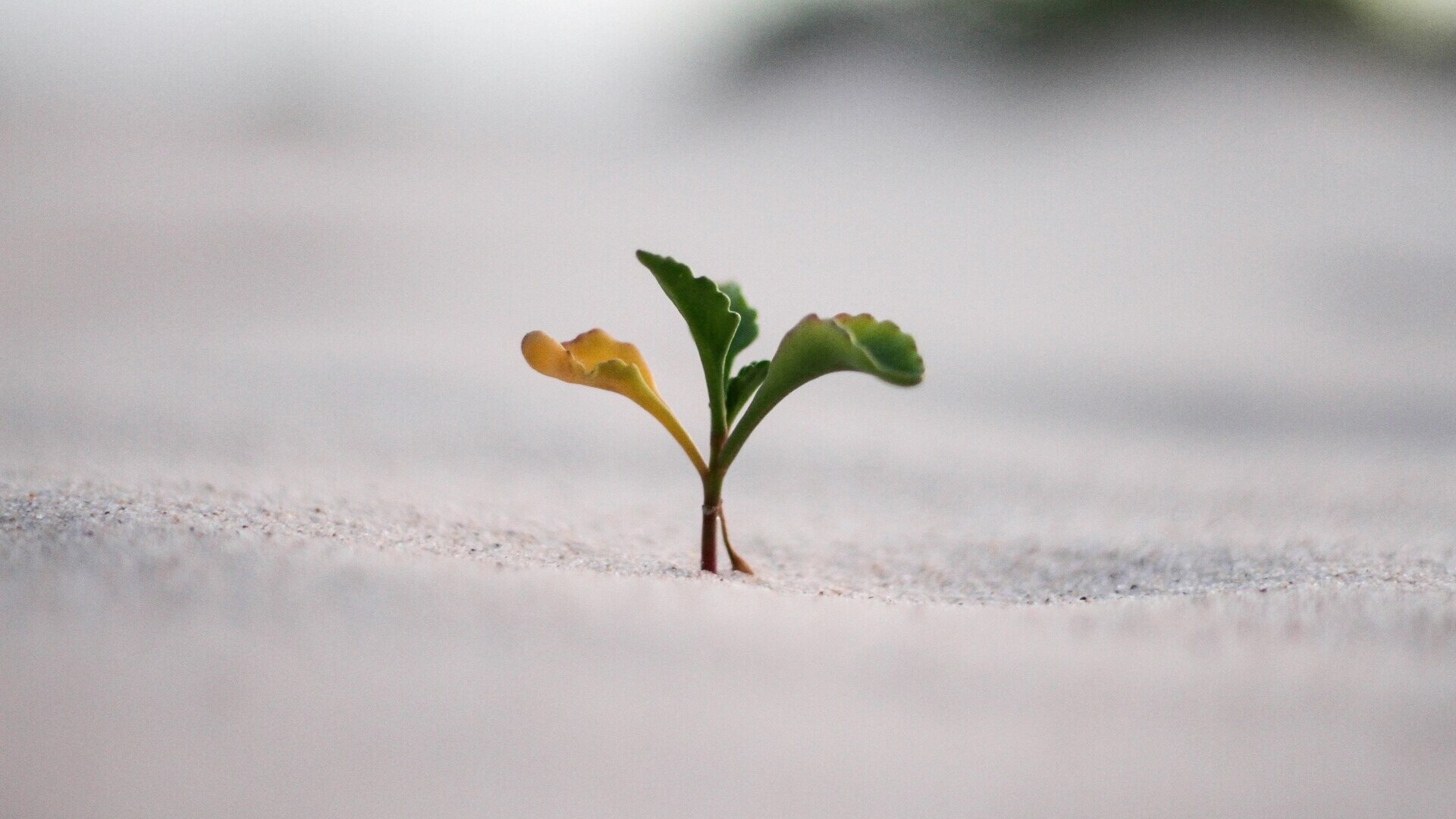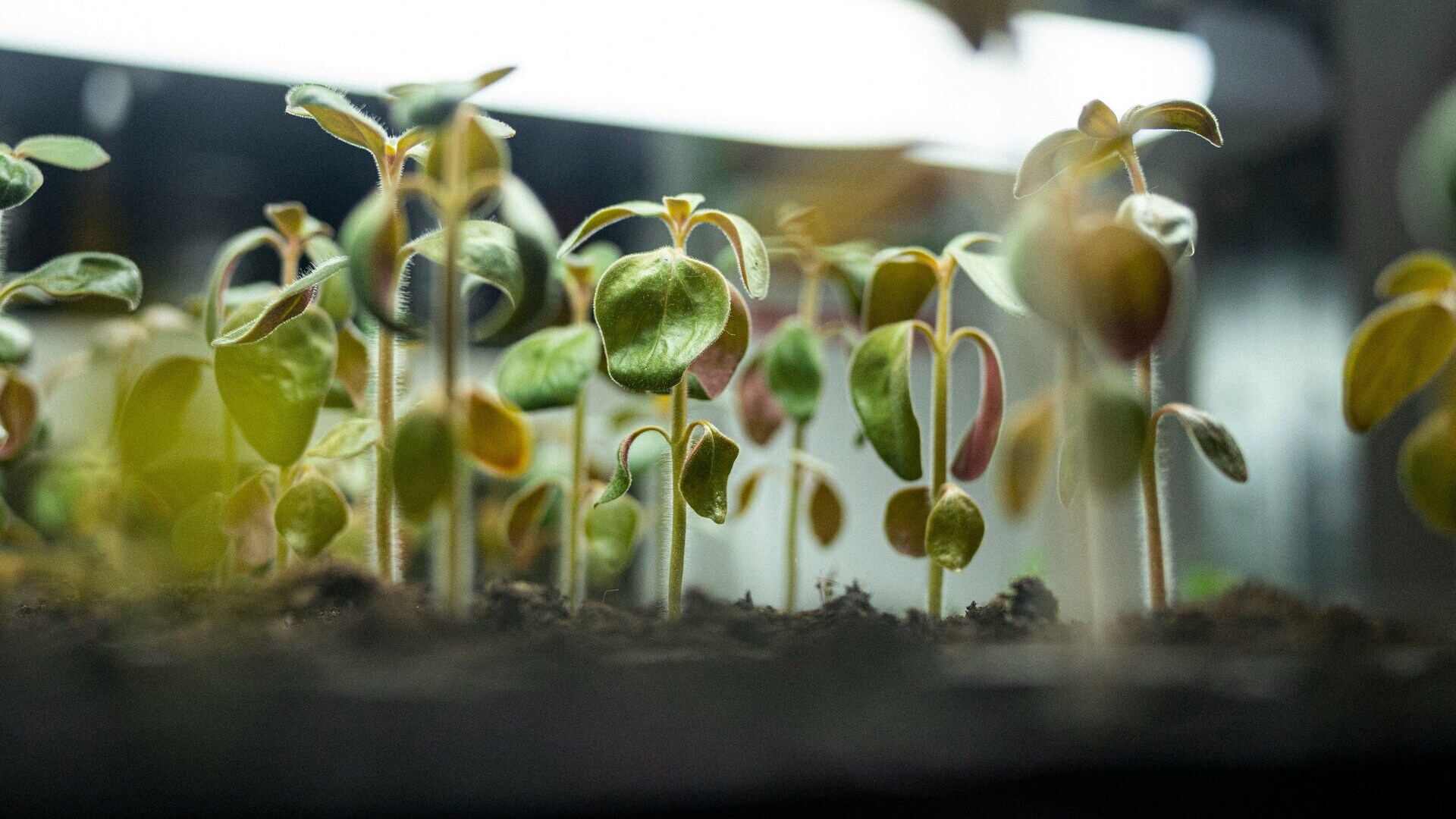
Barbara Gallavotti: my commitment towards contributing to “scientific citizenship”
The biologist and communicator discusses the importance of conscious decisions, in finance and science.
The journalist, writer and communicator, who had Piero Angela among her teachers, talks about the “necessary effort” to learn how things work. «There is a similarity with economics and finance, because they are issues that determine our future: we cannot afford to dismiss them superficially».
Barbara Gallavotti, born in 1968, from Turin, graduated in Genetics and Molecular Biology at the Sapienza University in Rome, is a journalist, writer and one of Italy’s best-qualified science communicators. A skilled essayist, she makes documentaries and organises exhibitions. She conceived Fatti per capire (Facts to understand), a project for the “Leonardo da Vinci” National Science and Technology Museum in Milan together with the British “Science Media Centre”. Most notably, she worked on television programmes such as Superquark and Ulisse in Piero Angela’s group for over twenty years.
She now hosts Quinta Dimensione (The Fifth Dimension), a programme she developed that is aired in prime time on Raitre. The next season will start in January 2024: «We will talk about sustainability, technology, artificial intelligence, and basic research,” says Barbara Gallavotti. As they say, you don’t get to the light bulb by perfecting the candle. Instead, you have to take a leap. We will do it with a style characterised by curiosity and everyday life, making it pleasant and appealing as well».
Dr. Gallavotti, your interests have shifted from literary criticism to physics to genetics and molecular biology. Is there a connection?
«The common thread exists. I have always wanted to write, tell stories, and be a journalist. In recent years, I have realised that nature is where we have to explore and direct our attention. There are very significant frontiers of exploration, for example, regarding the brain and our immune system».
Do you need contamination between different disciplines?
«They are needed, but it is, above all, a question of vision. Piero Angela, with whom I worked for a long time at Rai and learned a great deal, had not studied for a scientific specialisation, but – as a communicator with great intuition – he saw “connections” that were impossible for specialists to discern. In short, we have to know how to ask the questions, not give the answers».
This is not a trivial matter. Does it apply to all of us in some way?
«I think so. Science and technology can determine our future. The British say that we need to acquire “scientific citizenship”, that is, the ability to make informed decisions about science and technology: it’s a concept that deeply resonates with me. We live in a democracy, and we all have to exercise and maintain it by making choices that are individual, but determine everyone’s future. Each one of us, I mean, even before the legislator. Because, personally, we decide whether to vaccinate ourselves or not, whether to use artificial intelligence or not, what choices we want to make against climate change. Of course, we can also oppose it, but with a good, well-founded reason, not because we are afraid of becoming “magnetic”. That’s it. We have to think with our heads and not with our gut».
Today, should there be more focus on financial disclosure and education like there is for science?
«Knowledge and curiosity are as necessary as ever when it comes to building our future. Because this is where we decide what the world that we will live in, and our children, will look like. Broadly speaking, for economics and finance, it is the same mechanism. Remember that in order to learn, one has to make an effort: rather than discussing topics, one often looks for easy solutions under the illusion that they exist. We should be wary of dismissing these issues superficially».
Is this how we distance ourselves from reality?
«Yes. Co-responsibility, on the other hand, demands realism. And the knowledge, for example, that economic and public resources are not infinite. In an episode of Superquark dedicated to the long wave of the crisis that broke out in 2008, Piero Angela concluded with a bucket of milk in the studio. For him, it symbolised growth, due to the economy, but also to science and technology: with a ladle he showed how the distribution of wealth to be disbursed in various containers – health, school, pensions, public administration – requires choices and a very efficient productive world. It is politics that distributes for the common good, but resources are limited, and it is not politics that produces them… If the funds are not there, there is no point in promising them».
Are finance and energy, just to mention two issues that are decisive for our future, often mismanaged?
«The point is that we live in a world where problems are very complex, and we must be wary of easy solutions, of shortcuts. This is where we need to make an effort. The exercise is to weigh the pros and cons of a choice, both of which are always there. We all have to accept the need to give up fossil fuels, but reasoning as a collective, knowing that each alternative has advantages and disadvantages. Similarly, it is imperative to understand well what you are going to invest in, even if it is a small investment».
What would you suggest to young people who want to learn about the mechanisms of finance curiously?
«In a functioning ecosystem, the big trees that provide oxygen are the educational system. More than “doing”, however, it is crucial to help them understand how things work and to make them aware that the process takes work. But, it is a very useful mechanism for generating useful antibodies in everyday life. It is good that someone thinks differently, but one has to ask oneself why they do not convince others and maybe this is because it is not scientifically sound. In short, you have to accept complex decisions in complex situations».
The problem is that emotions often prevail, even in investments.
«Of course, passions, interests, fears also play a role. But you have to be mindful of them in order to deal with situations and emergencies in an adult manner. How about I exaggerate so you get what I mean… If I suffer from a phobia about injections and needles, I cannot get around the problem by claiming that the prescribed drug is wrong. I must take note of the fact that, on the contrary, it is useful. My fear, on the other hand, warrants respect and the solution cannot be to force the injection on me, but perhaps to find either a way to help me cope with the phobia or another method of administration… One can and must understand how things work in order to do what is best for everyone».






